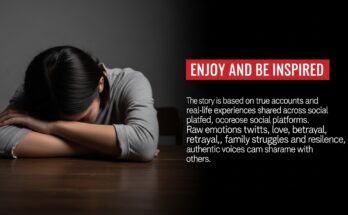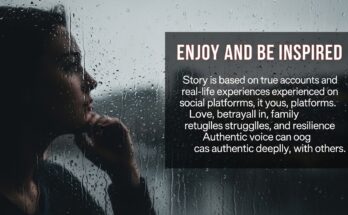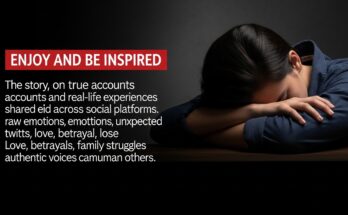Sabrina was the kind of woman who turned heads—elegant, composed, and always perfectly put together. My brother Mike was smitten, and as his fiancée, she quickly became part of our family. But something about her never sat right with me. She was guarded, especially with her phone, and often vanished mid-conversation with vague excuses.
On the Fourth of July, during our family barbecue, Sabrina received a message and abruptly left. Her excuse? “Work.” But her tone was off, and her urgency felt personal. I couldn’t shake the feeling—so I followed her.
She drove deep into the city’s industrial outskirts, far from her usual haunts. I watched her enter a plain brick building with no sign, no windows—just a heavy metal door. My heart pounded. Was she meeting someone? Hiding something?
Inside, I found not a secret lover or shady dealings—but a soup kitchen. Sabrina stood behind a counter, apron on, serving food to families in need. Her face was softer, her voice warmer. She knew everyone’s name. She wasn’t hiding shame—she was hiding compassion.
Later, she told me everything. Sabrina had grown up in poverty, shuffled through foster homes, surviving on grit and silence. She built her life from scratch, and this shelter was her way of giving back. But she kept it hidden, afraid that people—especially Mike—would see her differently.
I was stunned. The woman I thought was cold and distant had been quietly saving lives. Her sharp edges weren’t arrogance—they were armor.

When I asked why she never told us, she said, “People see my heels and think I’ve always had it easy. But I’d rather be underestimated than pitied.”
That night, I didn’t just learn Sabrina’s secret—I learned her truth. And I realized that sometimes, the most powerful stories are the ones people are too afraid to tell.


